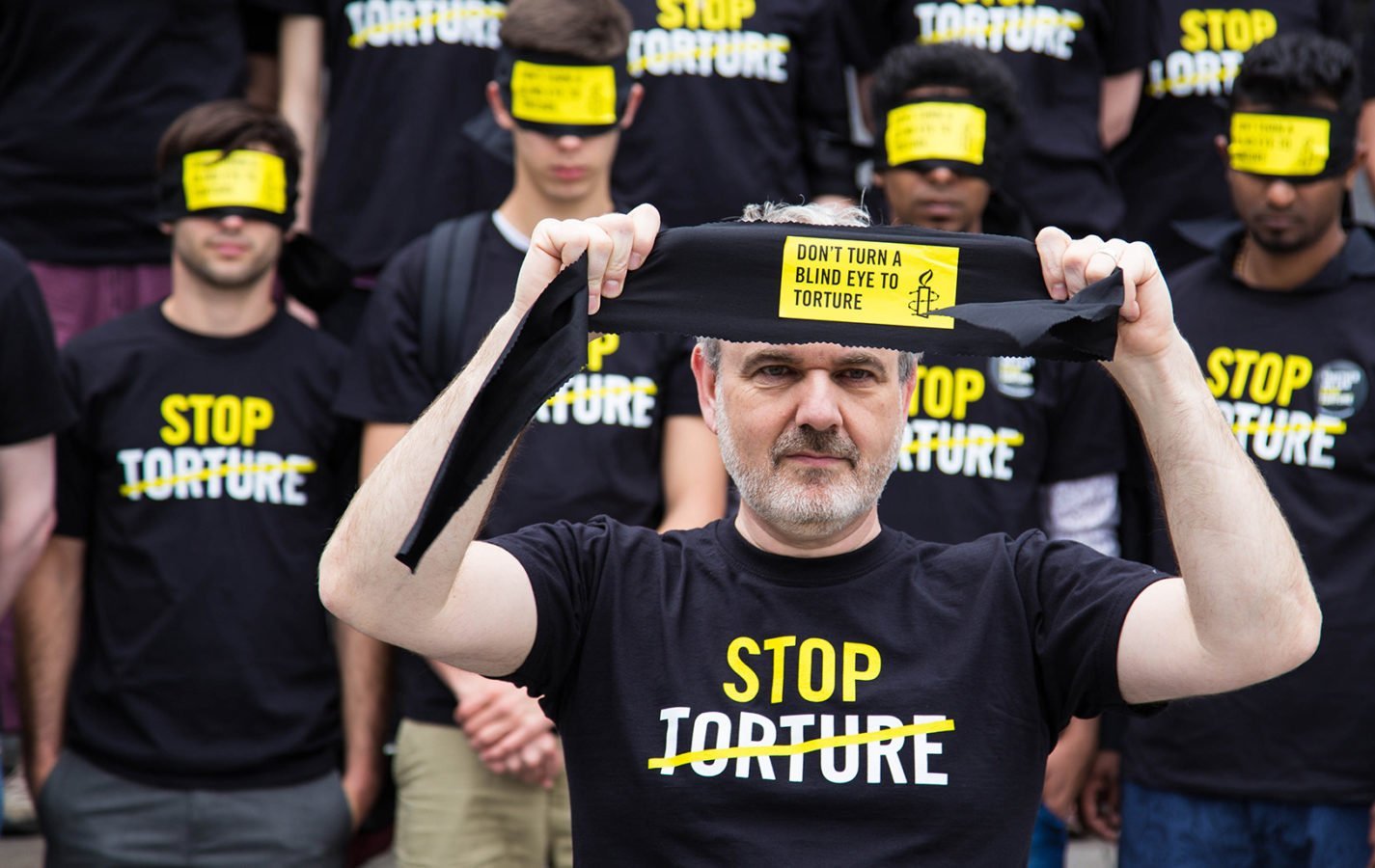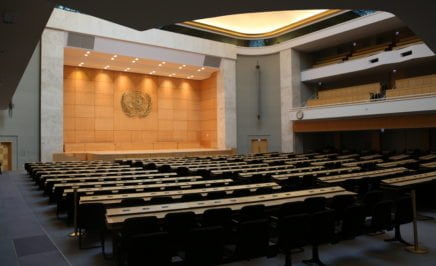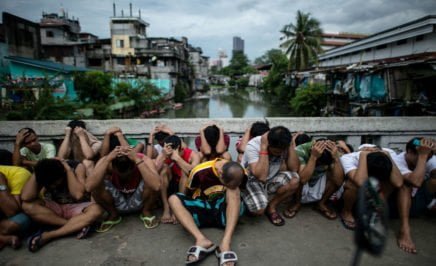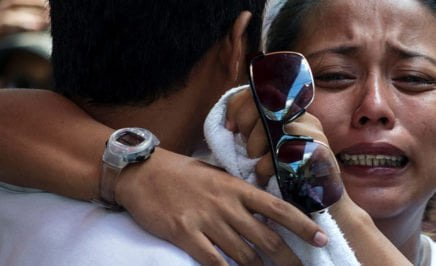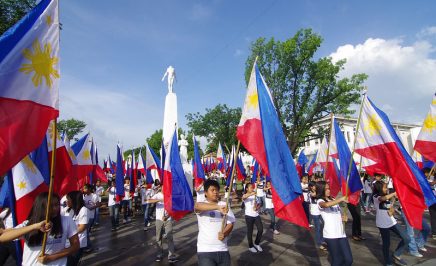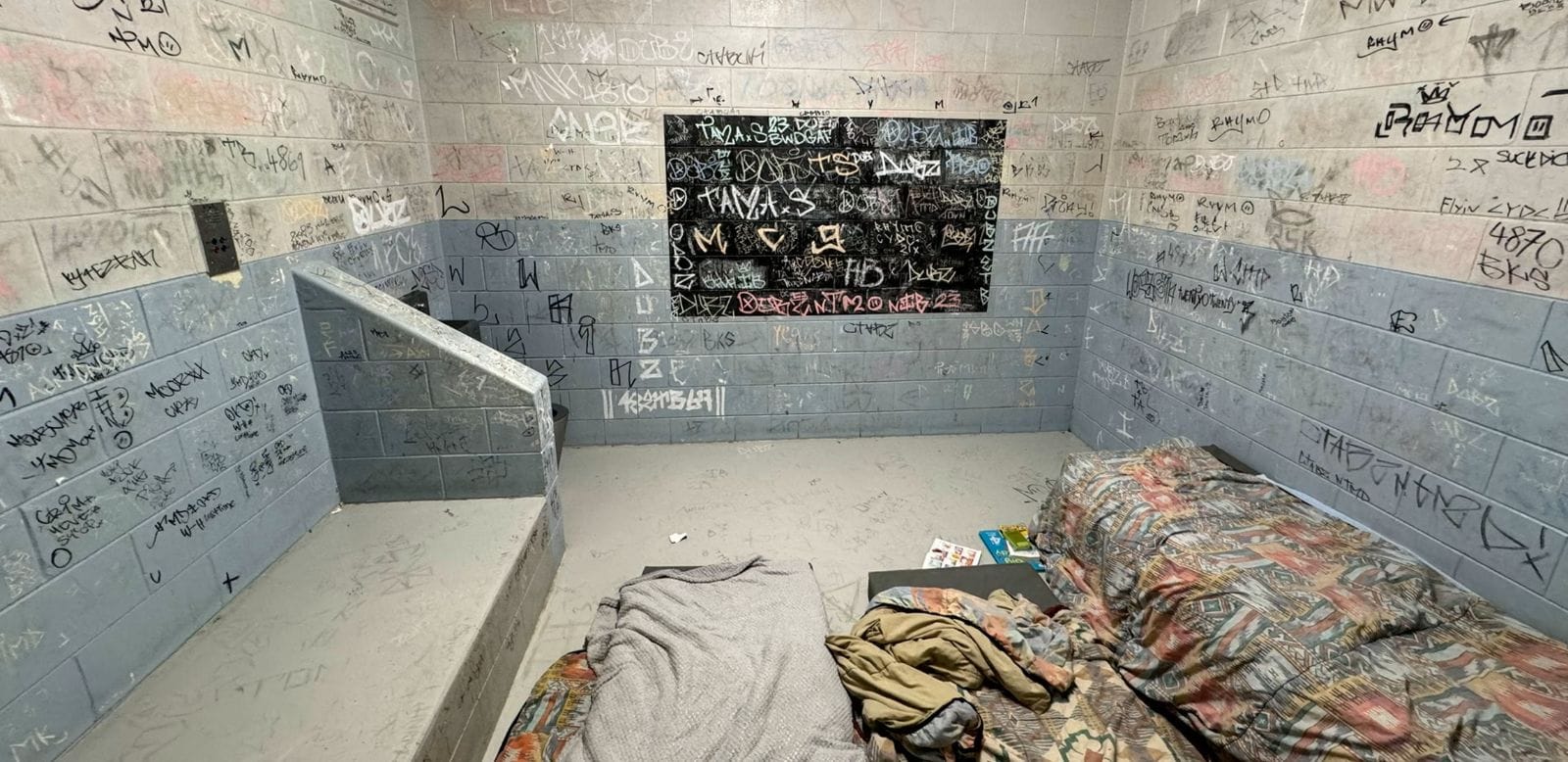Despite the Anti-Torture Act, the use of torture persists in the Philippines. As a major aid donor, Australia is in a strong position to say this is unacceptable, writes Ellecer Carlos.
Sickening torture
“I was held on either arm by two men and the third man sat on my lap. The blindfold was removed and replaced by a towel on my face. They commenced to put water over the towel on my face. I had … the sensation of drowning.”
This description of “waterboarding” is taken from the statement my father, Sixto Carlos Jr, gave after his arrest and imprisonment without charge in 1978 for taking part in the social movement pushing for democracy in the Philippines during the time of the Marcos dictatorship.
His full statement is sickening.
Prior to being locked in solitary confinement for more than two years, my father was heavily tortured: He was poisoned, waterboarded, viciously beaten, had boiling water poured on him, and brutally hung in the air from his handcuffed hands.
Vibrant human rights community
Under Marcos, torture and other human rights violations were committed on a massive scale by state authorities to stifle political and social dissent – with estimates that as many as 35,000 people suffered torture under the regime.
When the popular and peaceful revolt of 1986 took place, also known as the People Power Revolution, democratic space was reinstituted in the Philippines.
This has led to the Philippines now being home to a vibrant human rights community, strong human rights laws and an independent human rights commission.
But despite all these positive measures and the ongoing development of democratic institutions, there remains a large disconnect between the Government’s official policies and the practice on the ground.
Damning report on torture
The disconnect will be highlighted when Amnesty International’s secretary general Salil Shetty visits Manila in December to release a damning report on the ongoing use of torture by the security forces in the Philippines.
The report documents horrific stories of abuse across the Philippines, including cases where people received electric shocks, were waterboarded or near-asphyxiated.
Shockingly, a high number of the torture cases in the report occurred when the victims were younger than 18.
A major factor leading to the continued use of torture in the Philippines is the high level of poverty amongst the country’s citizens – leading to a culture of disparity between the haves and the have-nots.
Put simply, a large percentage of the country does not have the ability to challenge the behaviour of authorities, which in turn has led to corruption committed by many in positions of power.
Lack of accountability
The Amnesty report highlights the lack of accountability for torturers and the barriers to justice faced by victim-survivors of torture.
The organisation’s high-level international delegation will take the opportunity of the report launch in December to constructively engage with the Philippine government with a view to stopping the persistence of torture in the Philippines.
To ensure that the Stop Torture message is heard loud and clear, however, it will be vital for other leading democracies in the Asia Pacific region to also voice their concerns and offer assistance to help rub out the root causes of torture in the Philippines.
And Australia, as the third largest bilateral aid donor to the Philippines, is well placed to lead the way.
How can Australia help?
As a priority, the Australian Government should continue to raise the issue of police accountability and impunity with the Philippines government at the highest levels.
Australia’s Overseas Development Assistance to the Philippines is forecast to tip $143 million in 2014-15 and the country has committed to “building and supporting effective governance” under the Australia-Philippines Aid Program Strategy (2012-2017).
Through agencies like the Australian Federal Police (AFP), the Australian Government should ensure that a percentage of this aid is used to provide appropriate training, technical assistance and resources to help implement human rights-based policing in the Philippines.
The AFP already has a strong relationship with law enforcement agencies in the Philippines – having just marked 30 years of ties – and has the capacity to provide further training on the treatment of prisoners, arrest techniques and standards, and detention and interrogation procedures.
This is particularly important, as many senior police officers were trained under the Marcos regime and have passed on a wide range of brutal and violent habits to their younger colleagues.
Anti-Torture Act
This month marked the five-year anniversary since the Philippines enacted its first ever Anti-Torture Act. In that time, not one person has been convicted of torture – despite shocking evidence being uncovered on a regular basis.
For example, earlier this year the Commission on Human Rights in the Philippines identified one police station where officers used a “torture wheel”, which was spun for fun to decide what particular torture technique should be used on a suspect.
The torture techniques listed on the wheel are not dissimilar to those used against my father more than 30 years ago – and the perpetrators continue to act with impunity, as if they are above the law.
While this entrenched culture and behaviour will not change overnight, there is a need to create well-designed programs to educate police and military officers about the importance of human rights and for the Philippines government to publicly recognise how serious the problem is.
Australia – as a world leader in human rights-based policing – can and should make it a priority to help the Philippines achieve this.
